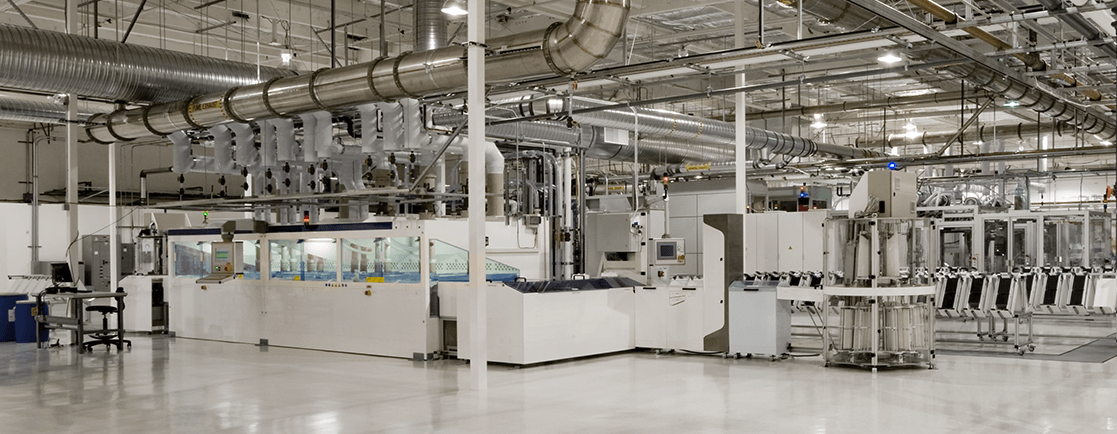A Paradigm shift in the Machine Tool / Laser Industry
In the machine tool and laser industry, precise temperature control is crucial for maintaining the efficiency and accuracy of various manufacturing processes. Air cooled chillers and water cooled chillers play a significant role in providing the necessary cooling for equipment and machinery used in these industries. This article explores the applications of both types of chillers in the machine tool and laser industry, highlighting their importance and benefits.
Air cooled chillers are refrigeration systems that use air to remove heat from a process. They consist of a compressor, condenser, expansion valve, and evaporator, and utilize air as the cooling medium. These chillers are commonly used in applications where water availability or quality is limited, or where there are space constraints.
Applications in Machine Tool Industry
CNC Machines: Computer Numerical Control (CNC) machines require precise temperature control to ensure the accuracy of machining processes. Air cooled chillers are often used to maintain stable temperatures in CNC machines, preventing thermal expansion and contraction that can affect machining accuracy.
Grinding Machines: Grinding machines generate a significant amount of heat during operation, which can lead to thermal deformation of workpieces and reduced tool life. Air cooled chillers are used to provide cooling to the grinding process, maintaining consistent temperatures and improving machining quality.
Milling Machines: Milling machines also benefit from the use of air cooled chillers to control temperatures during the machining process. By maintaining optimal temperatures, air cooled chillers help prevent overheating of cutting tools and workpieces, resulting in improved machining efficiency and surface finish.
Advantages
Space-Saving: Air cooled chillers do not require a separate cooling tower or water source, making them ideal for applications where space is limited.
Easy Installation: Air cooled chillers are relatively easy to install and require minimal plumbing, reducing installation time and costs.
Lower Water Consumption: Since air cooled chillers do not require water for cooling, they consume less water compared to water cooled chillers.
Water Cooled Chillers
Water cooled chillers use water as the cooling medium to remove heat from a process. They consist of a compressor, condenser, expansion valve, and evaporator, and require a constant water supply for operation. These chillers are typically used in applications where precise temperature control and higher cooling capacity are required.
Applications in Laser Industry
Laser Cutting Machines: Laser cutting machines generate intense heat during the cutting process, which can affect the quality of the cut and lead to material deformation. Water cooled chillers are used to provide efficient cooling to laser tubes and optics, ensuring stable laser output power and maintaining cutting accuracy.
Laser Marking Systems: Laser marking systems require precise temperature control to achieve consistent marking results. Water cooled chillers are used to maintain optimal temperatures in laser heads and cooling circuits, ensuring uniform heat dissipation and minimizing thermal distortion of marking surfaces.
Laser Welding Machines: Laser welding machines rely on precise temperature control to achieve strong and reliable welds. Water cooled chillers are employed to cool laser generators and optics, stabilizing laser output and preventing overheating of critical components during the welding process.
Advantages
High Cooling Capacity: Water cooled chillers typically have higher cooling capacities compared to air cooled chillers, making them suitable for applications with higher heat loads. Efficient Heat Transfer: Water has a higher heat transfer coefficient than air, allowing water cooled chillers to provide more efficient cooling and temperature control. Quiet Operation: Water cooled chillers operate more quietly than air cooled chillers, making them suitable for noise-sensitive environments.
Conclusion
In the machine tool and laser industry, both air cooled chillers and water cooled chillers play essential roles in maintaining precise temperature control and ensuring the quality and efficiency of manufacturing processes. While air cooled chillers are preferred for their space-saving design and ease of installation, water cooled chillers offer higher cooling capacities and more efficient heat transfer. By understanding the applications and advantages of each type of chiller, manufacturers can select the most suitable cooling solution for their specific requirements, ultimately optimizing production performance and enhancing product quality.

Customized Solutions for your Business.
We Solve the Problem fo Extra Heat from the Machine.

